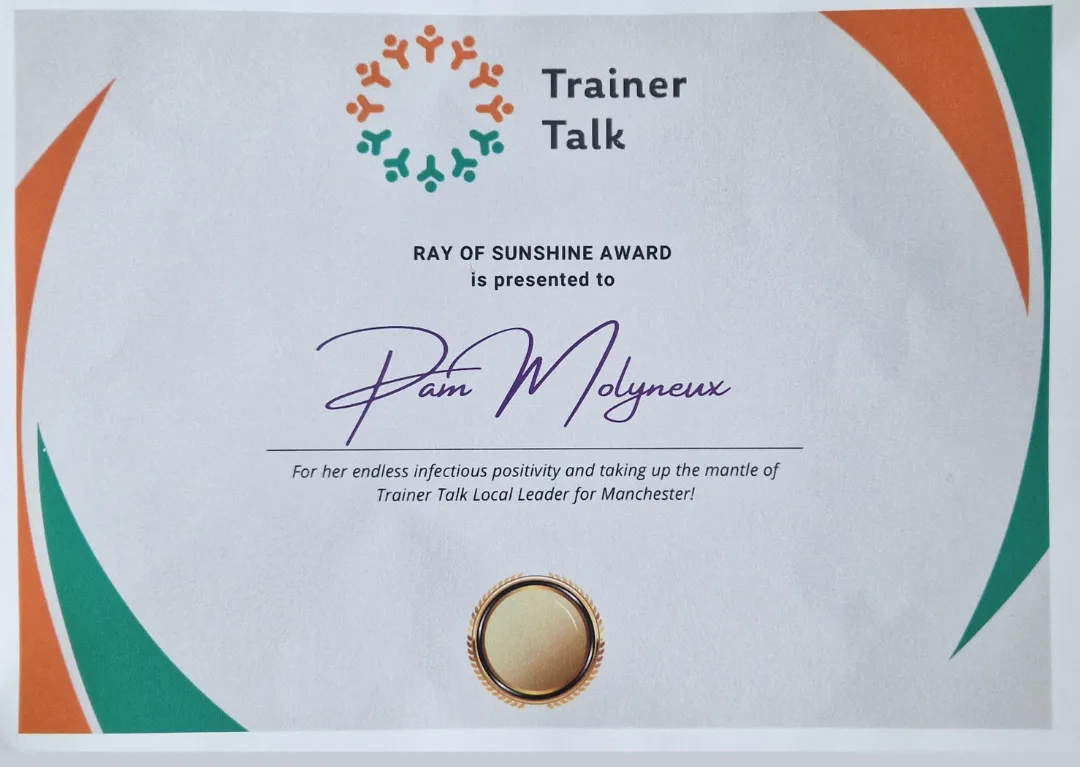Read Our Latest Blogs

Managers, how you can support grief and bereavement
As a manager, we can feel helpless & not in control about what the organisation is doing on big policy matters, but this has to start somewhere, so why not with you?
As a manager, you are responsible for fostering a workplace culture that ensures the well-being of your people. An area that arises is supporting our people through difficult situations and whilst this can be a complex and sensitive topic, having the right approach can make all the difference in providing effective support and maintaining a safe and productive work environment.
Bereavement in the workplace is a situation no manager wants to face but one that nearly every workplace will encounter at some point. It’s not just about following the rules; it’s about ensuring your organisation provides the support your team members need during their most challenging moments.
We recommend five principles for handling complex workplace situations:
Know Your Policy and Procedure: Does your organisation have a bereavement policy in place? If not, what guidance is available to ensure you’re prepared?
Gather Key Details: Ask the who, what, when, where, why, and how to fully understand the situation while respecting the individual’s privacy and needs.
Communication Matters: Your words, tone, and timing can significantly impact how supported an employee feels.
Align with Organisational Values: Consider how your response reflects your company’s culture and commitment to its people.
Take Care of Yourself: Supporting a grieving team member can be emotionally impactful. Don’t forget to prioritise your own wellbeing as a manager.
Research by the CIPD in 2020 underscores the importance of these principles. For example, their 2021 guidance on managing bereavement highlights that nearly 75% of employees will experience a bereavement during their working life. They also emphasise that well-handled bereavement support isn’t just compassionate—it improves employee loyalty and productivity.
One of the most practical steps an organisation can take is to ensure compliance with Jack’s Law, which grants parents two weeks’ statutory paid leave if they lose a child under 18. Beyond compliance, though, the CIPD advocates for personalised, flexible, and empathetic approaches.
The challenge for small and medium-sized businesses is even greater, as resources may be limited. Yet, offering compassionate support can build loyalty, reduce absenteeism, and maintain morale in the team.
Grief is a complex and non-linear process—it doesn’t disappear after a couple of weeks. The CIPD emphasizes the importance of ongoing support, noting that special dates like anniversaries or birthdays can reignite grief. Managers trained in empathy and cultural awareness are better equipped to guide their teams through such challenges.
In episode 5 of our Solve and Thrive podcast we were joined by Jane Dixon from The Bereavement Cafe and we explored how you as a manager can ensure your workplace is not just compliant with legal requirements, but also becomes a space of care and understanding when it matters most.
Jane shared 5 top tips on how you as a manager can support a team member at a time of bereavement:
The Importance of a Bereavement Policy
The importance of Supportive Language
The importance of Active Listening
Considering the impact of Secondary Losses
The Power of Signposting
You can check out the full episode on spotify or youtube and please do visit The Bereavement Cafe's website to check out all of the amazing work they are doing.
Resources to help raise awareness on the law & on good practice:
A Guide to Compassionate Bereavement Support
Supporting someone after a death - Time off work for bereavement - Acas
Bereavement in the workplace Report - Sue Ryder Report
Bereavement in the workplace - Sands
Thank you, Jane, for sharing your knowledge & top tips – these will help managers feel more confident through gaining more knowledge which is a good starting point.












